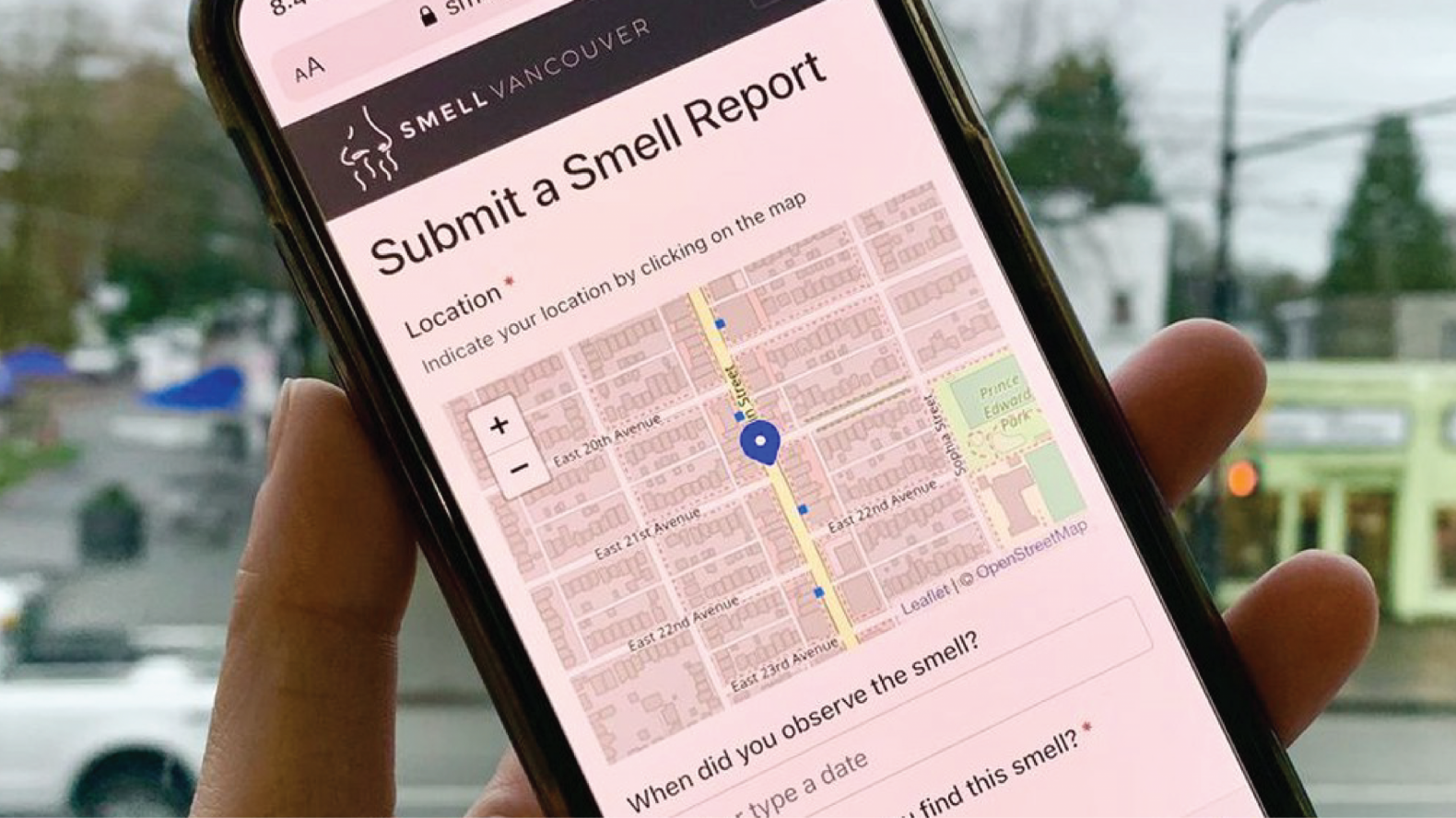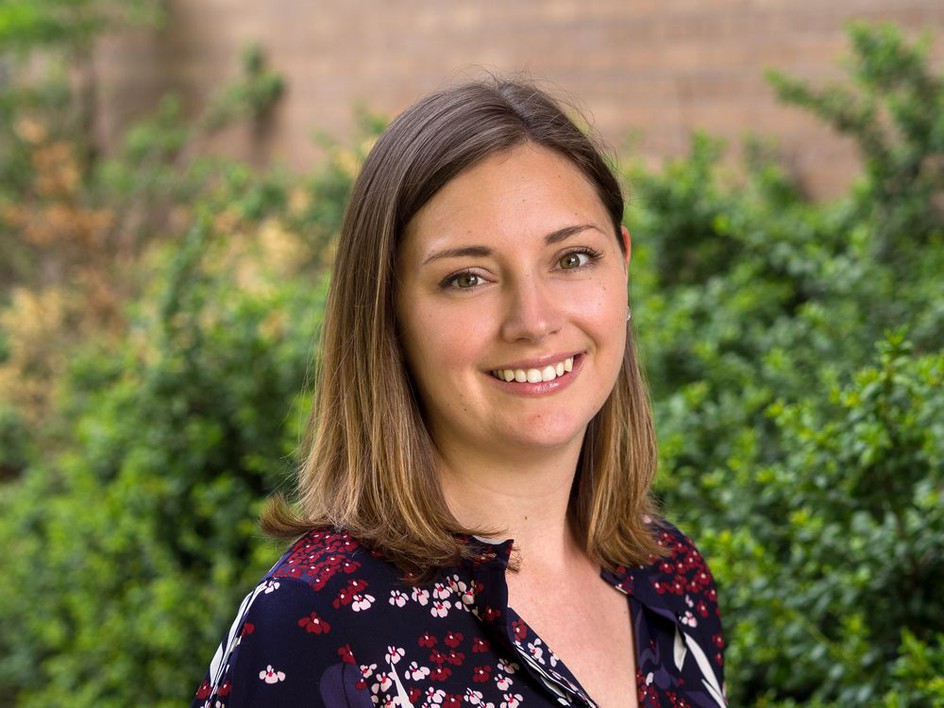
8 December 2020
This article by Tiffany Crawford was originally published by the Vancouver Sun on December 8, 2020.
Amanda Giang and Naomi Zimmerman are two UBC researchers working to map the "smell scape" of Metro Vancouver using a public app called SmellVan that asks Vancouverites to help report different smells across the region.
Is there something that stinks in your Metro Vancouver neighbourhood?
University of B.C. researchers studying the link between odour and health are looking for help to map the region’s “smell-scape” through a new odour tracking app called SmellVan.
It’s being developed by Amanda Giang, an assistant professor in mechanical engineering at the Institute for Resources, Environment and Sustainability, and Naomi Zimmerman, an assistant professor of mechanical engineering who studies air quality.
So far, Giang said they have received responses about residential wood-burning, decaying animals, rotting eggs and chicken processing. There is also a range of complaints about chemical smells — from nail polish to cleaners.
“Some of the descriptors we’ve had are chemical, skunky, smoky, fishy, garbage,” said Giang. “The smell-scapes of the area aren’t well-recognized and we want to understand this.”
One person can be more sensitive to a certain smell or it can change depending on the direction of the wind, which is why the researchers wanted to get residents’ experience with different odours.
“The input will help us better understand where the odour hot spots are,” said Giang.
Giang said some smells can also indicate the presence of other, health-harming air pollutants — either because they’re emitted by the same sources or because the smelly substances can be transformed into harmful pollutants in the atmosphere.

“Some pollutants that cause unpleasant odours are known to also be health-harming while others aren’t. But there is a broader idea of well-being, such as stress or psychological, rather than just your eyes are tearing up or your throat is irritated,” said Giang. “Odour can really impact a person’s quality of life.”
Smell Vancouver, or SmellVan, is a web-based app that can now be accessed at smell-vancouver.ca. Members of the public can log odours and report on any health effects they’re experiencing. The researchers will collect data from the app for at least two years and will analyze it along the way.
Zimmerman says in the past most people have treated smells as a nuisance rather than something that might affect our health.
“There’s a lot we don’t know about the relationship between odour and health,” said Zimmerman in a UBC news release Tuesday.
The SmellVan app doesn’t replace the typical odour complaint process, so if you want to formally complain about odours, you can submit your concern to Metro here. UBC notes that submitting a formal complaint will allow the air-quality regulator to determine the source and get them to reduce their emissions of odorous air contaminants.

Giang said smell-tracking apps from other cities have shown that engaging residents directly to document their smell experiences and see what their neighbours are experiencing can be empowering, validating and support data-driven advocacy.
While the pair’s focus is on the relationship to air quality, they’re also collaborating with the B.C. Centre for Disease Control and Metro as both are interested in odour and its impacts, according to UBC.